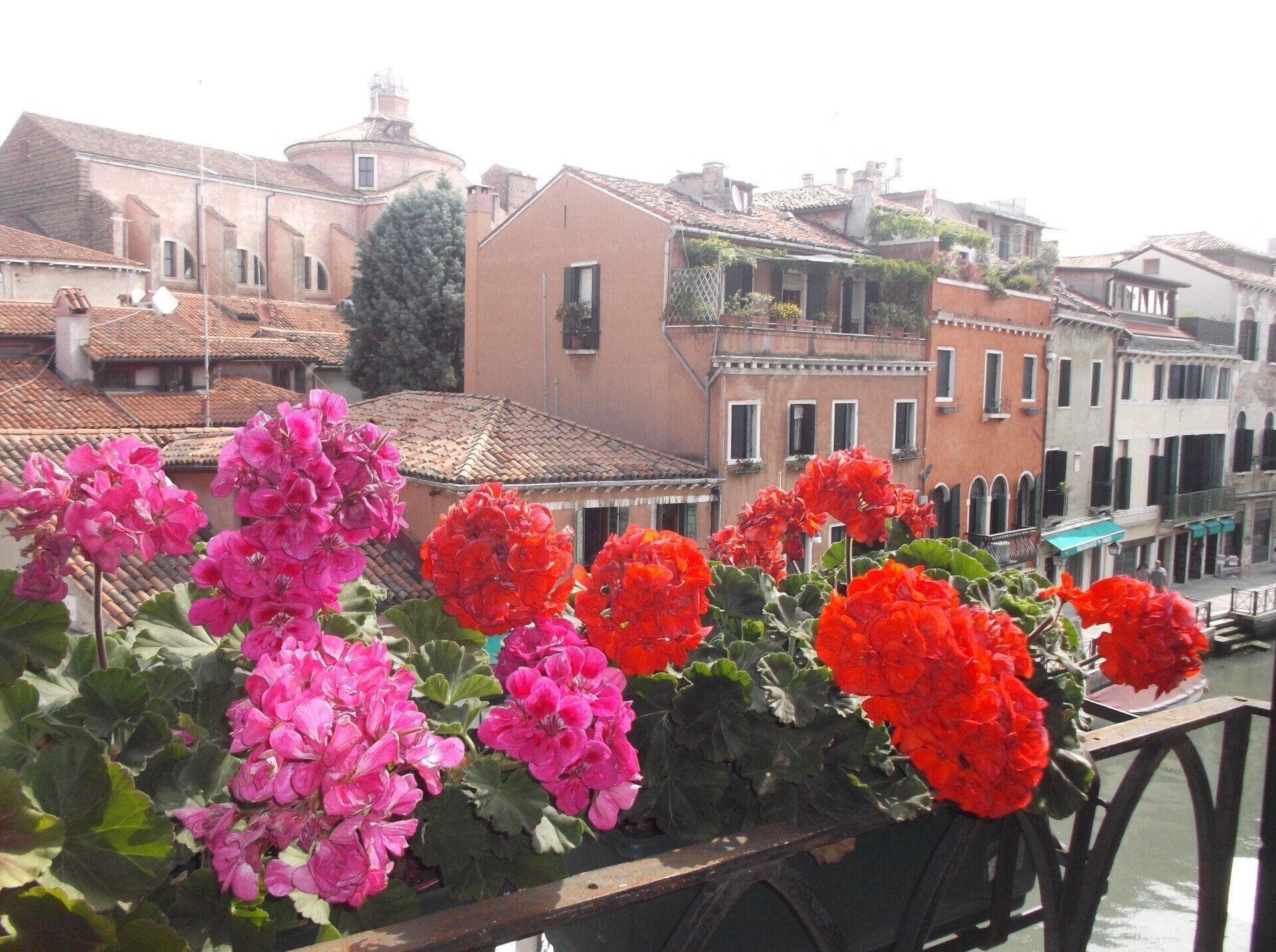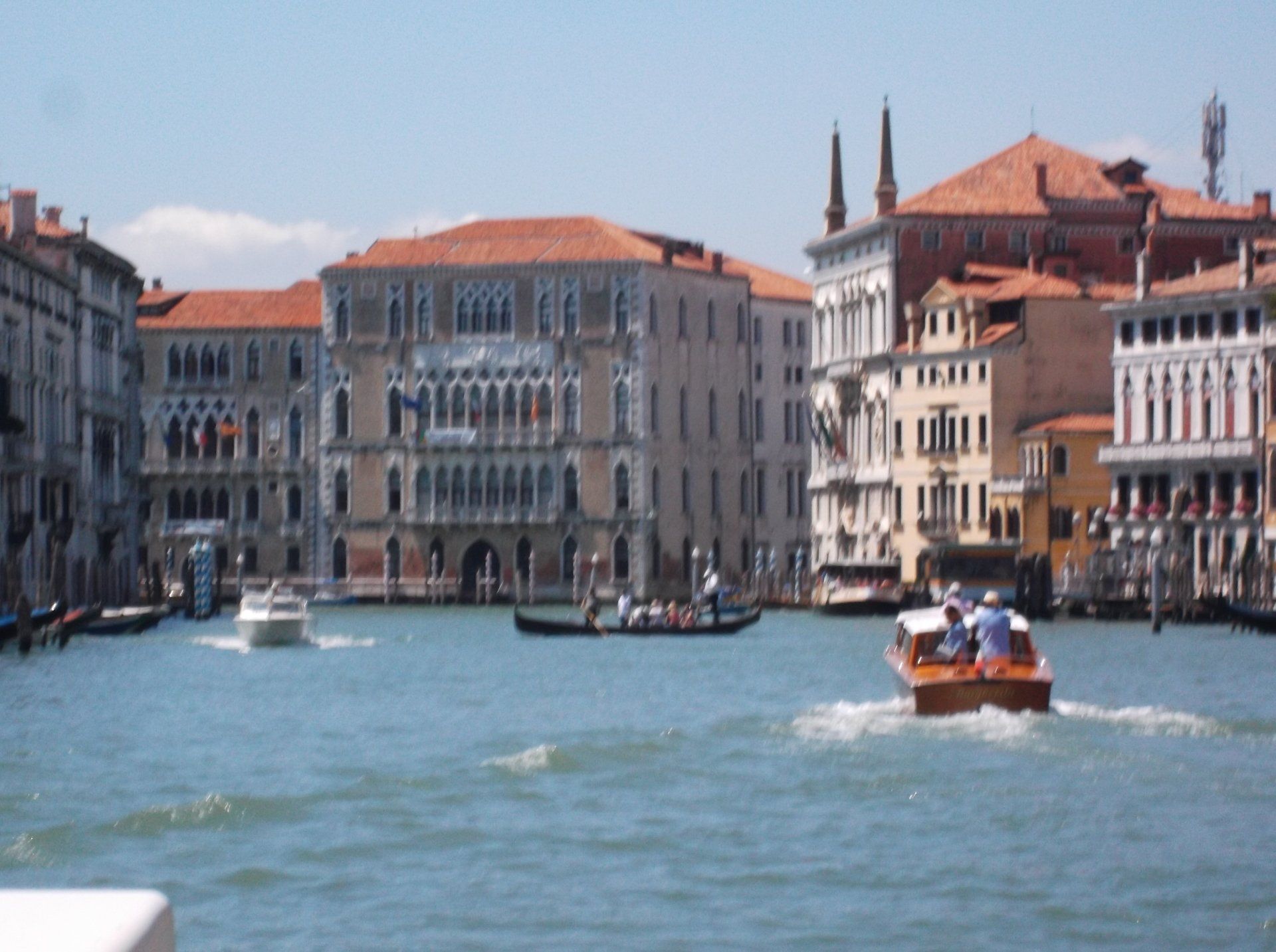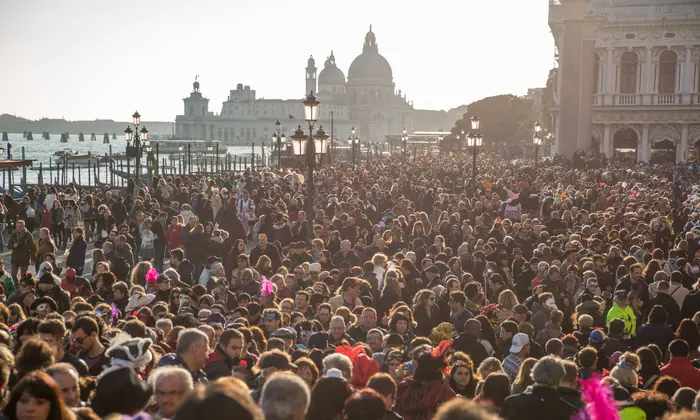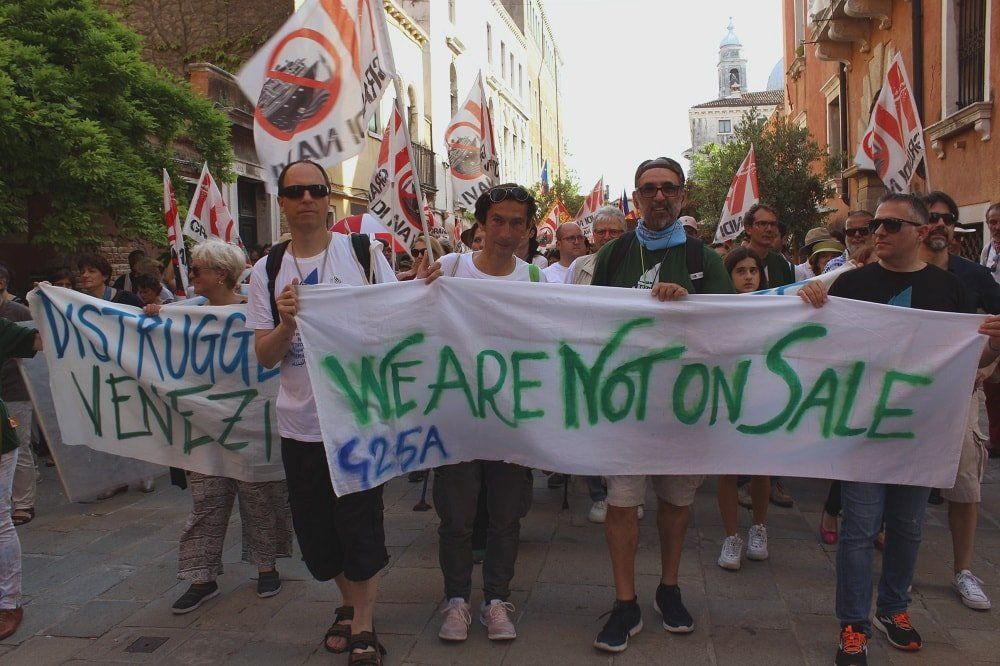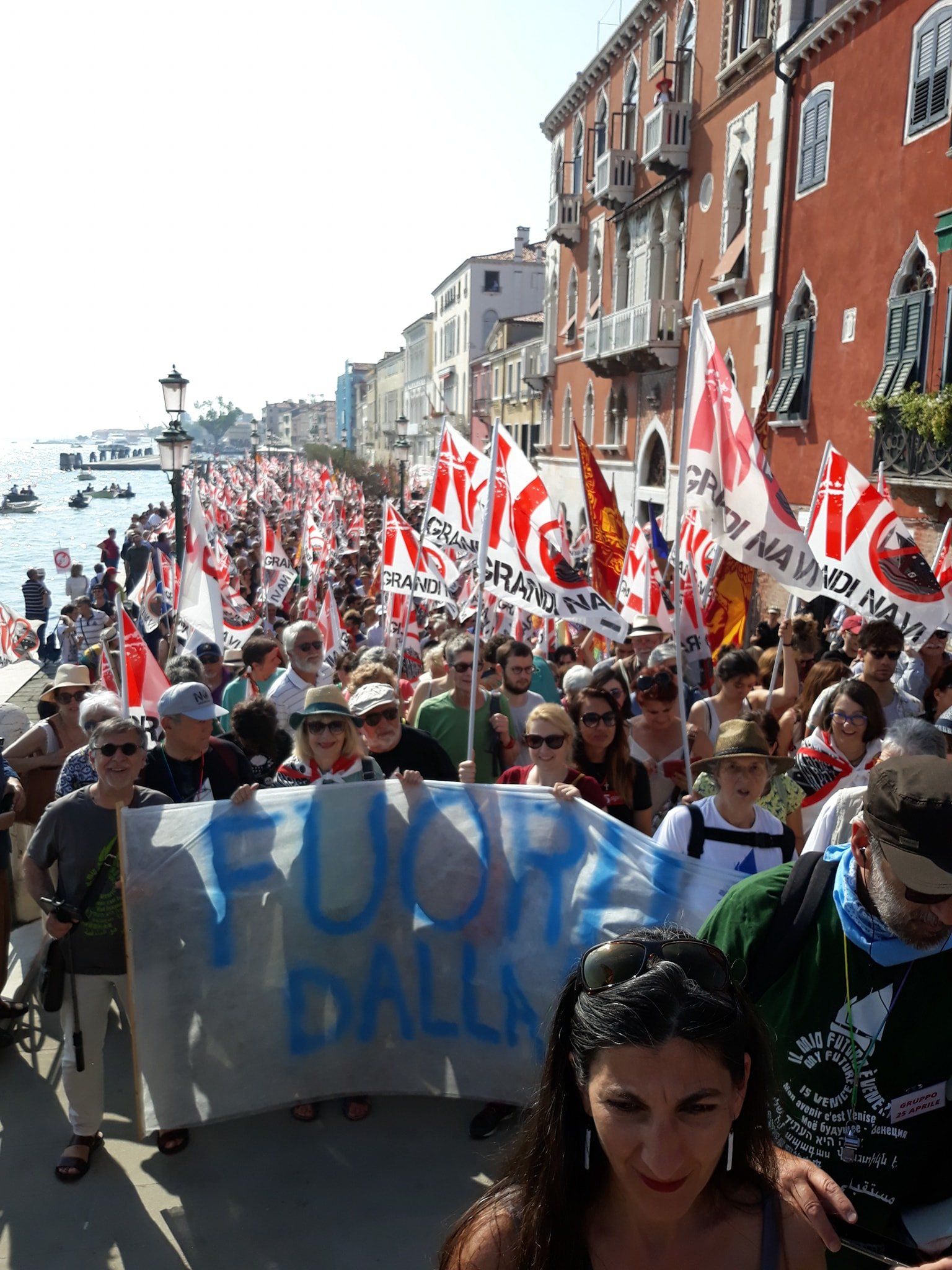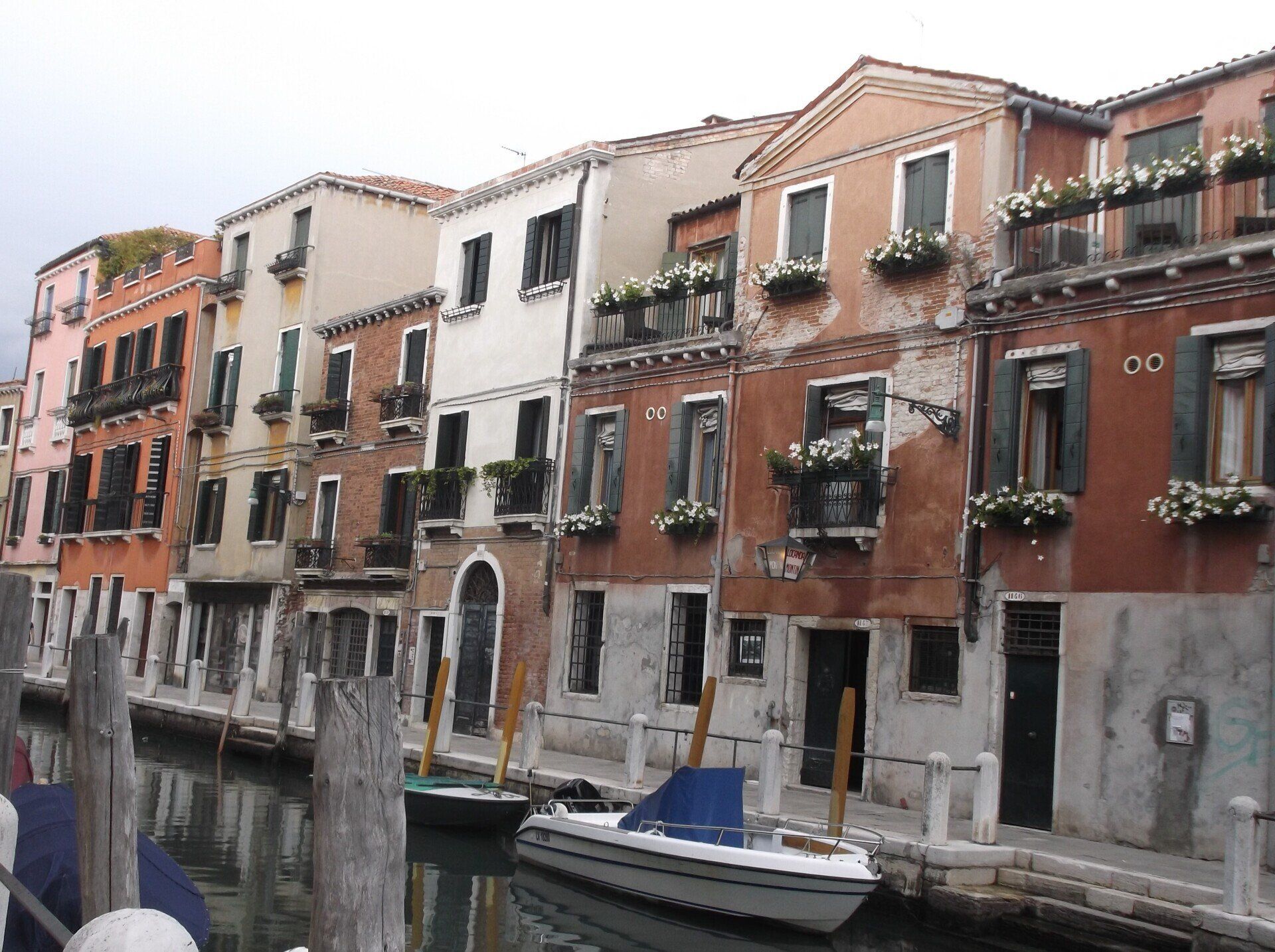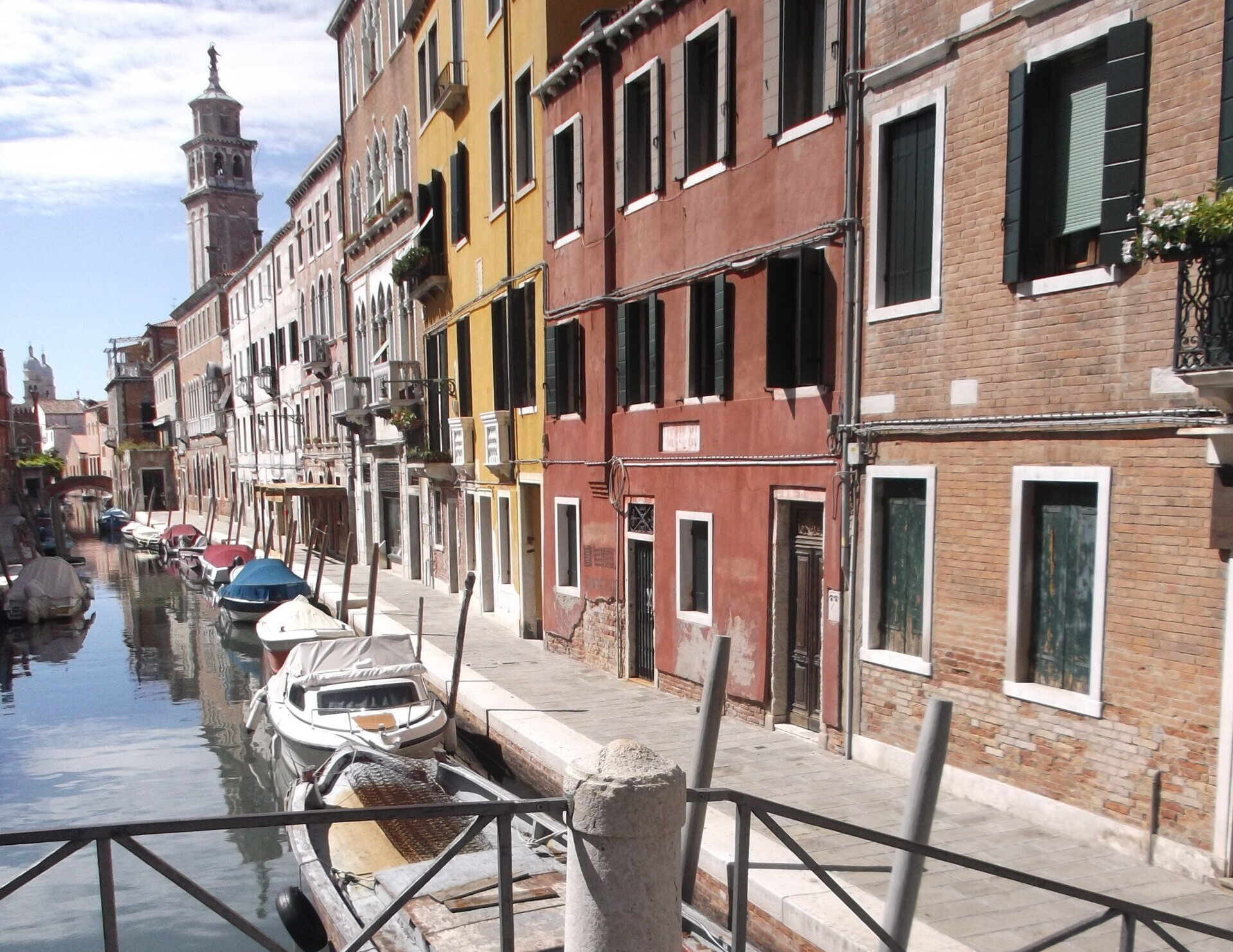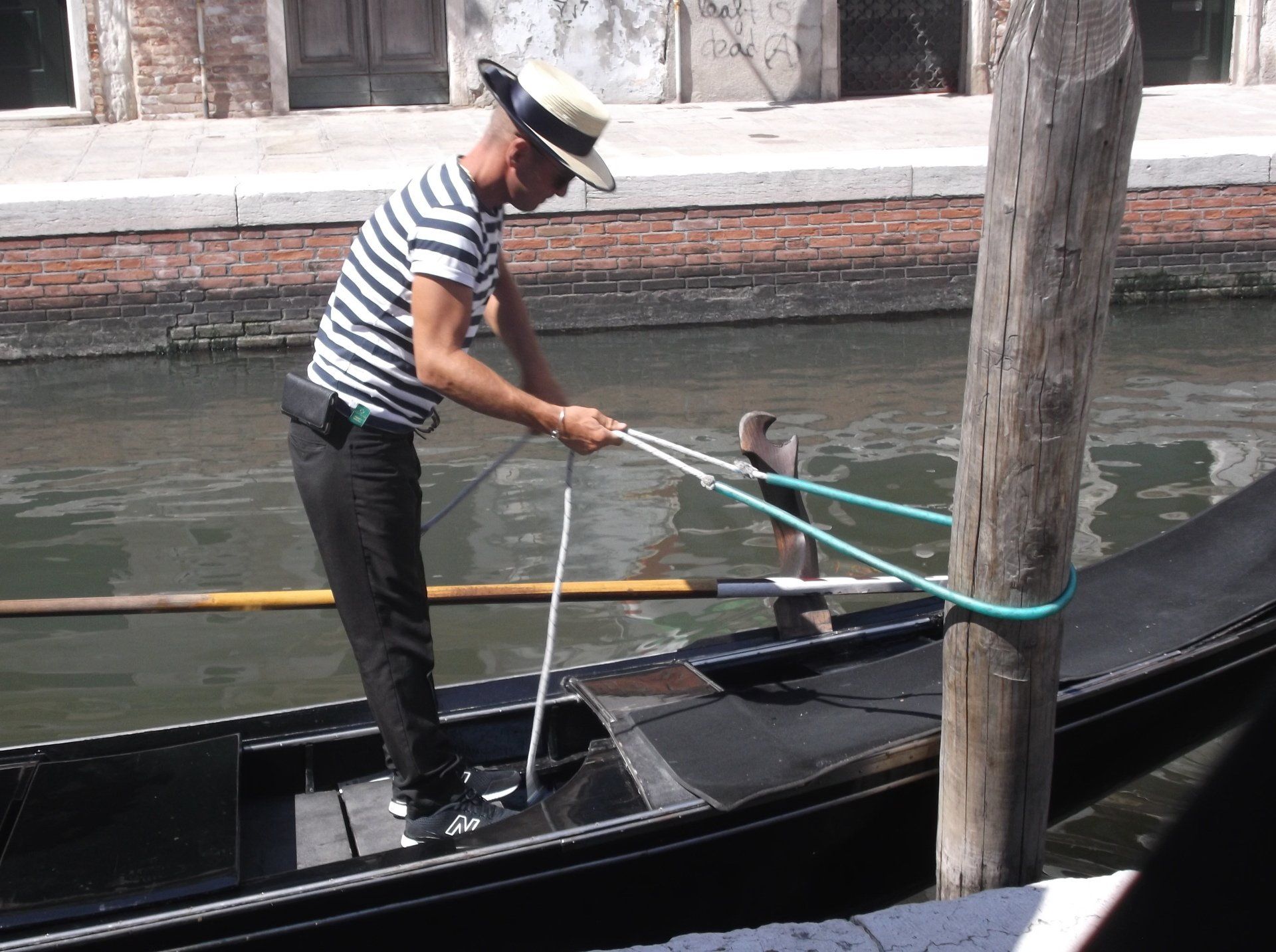Venice belongs to the world. The claim is often made by individuals and organizations concerned about the city's survival in the coming decades. Venice is too important, they maintain, to be lost to the world - it belongs to the world, and the world should act as its guardian, protecting it for future generations. That this architectural wonder should succumb to the ravages of pollution and climate change is unthinkable.
VENICE BELONGS TO THE WORLD
The petrochemical plant at Port Maghera has been responsible for significant pollution and damage to the fragile lagoon ecosystem. It is justifiably held by many Venetians to be public enemy number one. Just as concerning is the impact of climate change and rising sea levels for a city built on water.
Worrying issues indeed, and there is another problem - sometimes overlooked, often discounted - of equal significance. arm photo here to side of text.
Venice belongs to the world. And the world agrees, it seems, if tourist numbers are anything to go by. Visitors from all parts of the globe descend on the city each year, totting up more than twenty-five million visitations. This represents an environmental impost to a geographically small area, and massive disruption in the day-to-day lives of its fifty-five thousand residents. Look at it from their point of view.
Their city is consumed by tourists.
As the world emerges from pandemic lockdown and travel recommences, Venetians hope for a tourism reboot. Locals want to share their city with the world; share it through tourism that is mindful, environmentally sustainable and beneficial to both visitor and host community.
Only then will Venetians have their city back.
